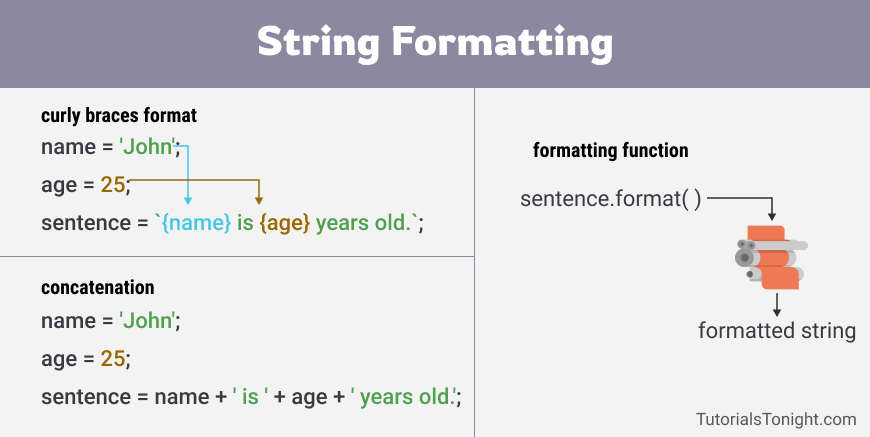JS Format Strings

JavaScript, the backbone of modern web development, continuously evolves to provide developers with tools to streamline coding processes and enhance readability. One such tool gaining popularity is format strings, a versatile feature that allows for dynamic string interpolation. In this article, we delve into the intricacies of JavaScript format strings, exploring their syntax, applications, and benefits.
Understanding Format Strings
At its core, a format string is a template that contains placeholders, which are later replaced by corresponding values. In JavaScript, format strings are typically created using template literals, denoted by backticks (`). These literals allow for embedded expressions, making them ideal for dynamic content generation. In the example above, serves as a placeholder for the variable, resulting in the dynamic generation of the greeting message.
Dynamic Content Generation
Format strings excel in scenarios where dynamic content generation is required, such as constructing user messages, generating HTML templates, or formatting data for display. By leveraging format strings, we effortlessly construct a user information template, enhancing code readability and maintainability.
Localization and Internationalization
Format strings play a crucial role in localization and internationalization efforts by facilitating the dynamic substitution of language-specific content.In this example, format strings enable seamless language switching by dynamically substituting the name placeholder with the user’s name based on the selected language.
Enhanced Code Readability
Format strings promote code readability by encapsulating dynamic content within a single template, eliminating the need for cumbersome concatenation or string manipulation operations.By incorporating format strings, we succinctly generate a formatted price string, enhancing code clarity and maintainability.
Conclusion
JavaScript format strings empower developers with a versatile tool for dynamic content generation, localization, and code readability enhancement. By leveraging template literals, developers can streamline string interpolation processes, leading to more efficient and maintainable codebases. As JavaScript continues to evolve, mastering format strings remains essential for harnessing the full potential of modern web development.





